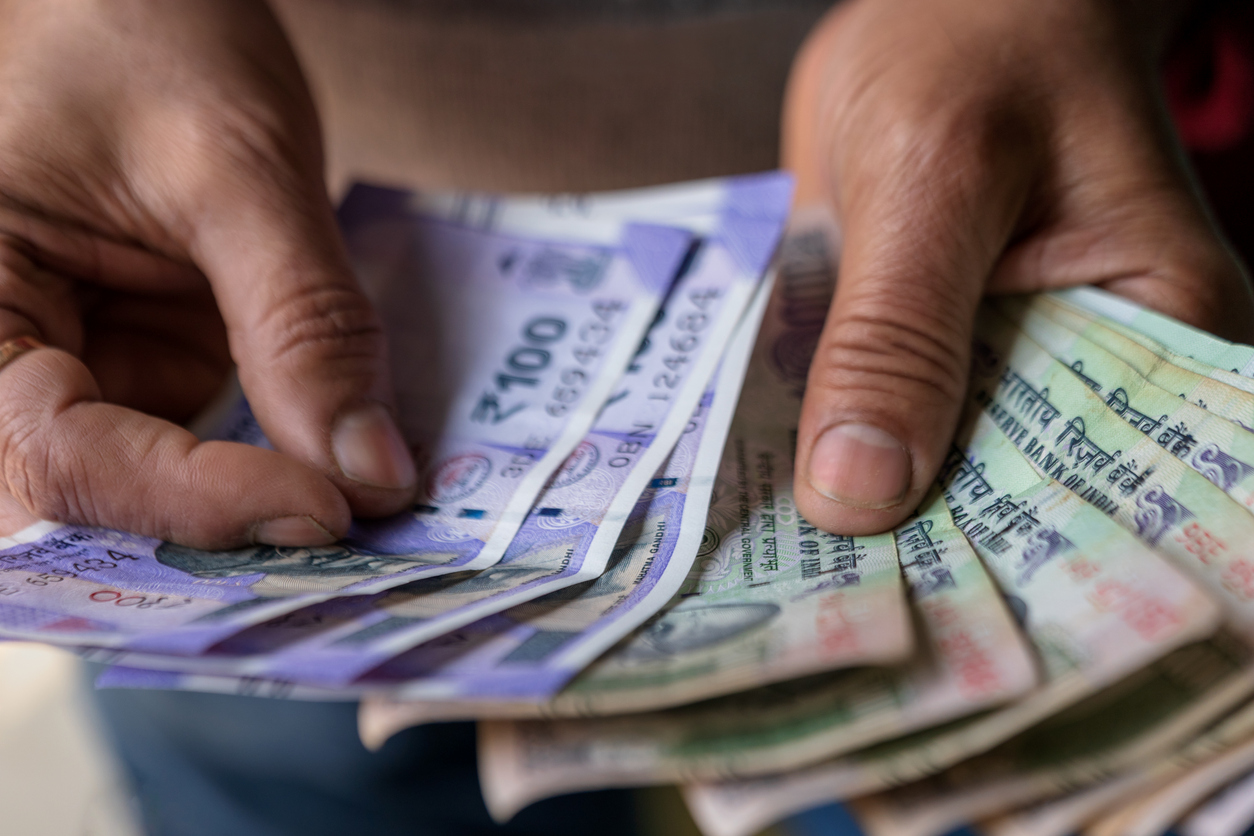
Mutual fund investments can help you ride the COVID wave better
It is as important to shore up your finances and keep an emergency corpus ready as it is to mask up and maintain social distancing; MFs offer a viable option for that, in terms of returns as well as liquidity

Season Two of COVID has been merciless on India, blowing the healthcare system to smithereens and causing untold misery to the people. Equally pervasive and tragic, but not tackled with equal urgency, is the economic trauma that the pandemic has wreaks.
First, there is the cost of preventing and fighting the infection. The vaccination and testing come with hefty price tags at private facilities. Hospitalisation, even with a health policy, can gnaw into your savings, as several items and services are not covered by insurance. Home quarantining costs money, too — you may need to buy food, rent a place for isolation, invest in sanitising and so on.
Further, as was seen last year, the pandemic may bring job losses and pay cuts in its wake. The alarming levels of mortality seen now mean families could be losing their bread winners.
Also read: Corporate results, COVID numbers will shape market performance this week
Therefore, it is as important to shore up your finances and keep an emergency corpus ready as it is to mask up and maintain social distancing. “It is important to save for a rainy day. There could be a 30-40% pay cut; a job loss may be imminent,” Srikala Bhashyam, Managing Partner at investment firm RS Consultants, told The Federal.
Sound bet
All things considered, mutual funds — the favourite investment instrument of wealth managers in normal times — retain their status in pandemic times, too. Most wealth managers continue to think MFs present the best bet, in terms of returns as well as liquidity. For those who already have MF investments, it would be advisable to retain their equity portfolios, they say.
In 2020, amid the first wave of COVID, the median annual returns of large-cap MFs with AUM (assets under management) of ₹500 crore or more was estimated at 13.3%, vis-à-vis 12.4% in 2019. For mid-cap and multi-cap funds, the median returns last year were nearly 24% and 14.3%, respectively.
Now, while the second wave is taking a much greater toll, the markets have enough cushion to absorb it, say experts.
“Unlike last year, the markets now know what a pandemic and lockdown entail. They know that a fall in sales now will be offset by pent-up demand after a few months,” Ramprasad Reddy T, Financial Planner with JKR Financial Consultancy Services, told The Federal. “There is not much anxiety over corporate earnings performances.”
Caution urged
Some market experts do urge caution, particularly when it comes to equity markets. As states impose stricter curbs than before, business activity is bound to take a beating, in turn leading to weakness and volatility in the stock market, they warn.
For COVID-led emergencies, Reddy recommends parking some capital in liquid funds. These offer more attractive returns than bank fixed deposits, and are easy to redeem. “There is no exit load, and you can have your money in 24 hours,” said Reddy.
Bhashyam of RS Consultants agrees that it makes good financial sense to park an emergency corpus in a debt fund. Ideally, it should cover 6-12 months of your household expenses, since there is an imminent danger of job loss in this period, and it might take up to a year to find a new job.
“You could always invest in a bank fixed deposit, but the returns are less, particularly if you need to make a premature withdrawal,” said Bhashyam. “Also, most people are reluctant to ‘break’ FDs,” she noted, adding that since all MF schemes today open-ended ones, investors should take advantage of it.
Portfolio revamp
In the light of the pandemic and the associated economic uncertainty, you may need to rejig your portfolios, though. For instance, if an investment goal (such as child’s higher education) is just a year away, you may want to move the funds you’d saved for it in an equity fund to a safer debt fund, to protect it from market volatility.
Another risk distribution option would be to look at global assets. From what has been observed over the past year, the pandemic hits different geographies in different periods. Also, some regions have coped better in terms of vaccination policies and healthcare systems. You may, therefore, try and build an international portfolio, which is again eminently doable these days via MFs.
Yet, the Indian market is no less attractive. “The markets are bound to do well, with the Sensex hitting 60,000 levels and the Nifty, 17,000,” emphasised Reddy of JKR Financial Consultancy.
“Foreign investors are tapping into the Indian market to make 10-15% gains,” said Bhashyam. “We should do so, too.”


